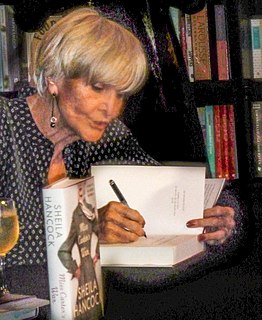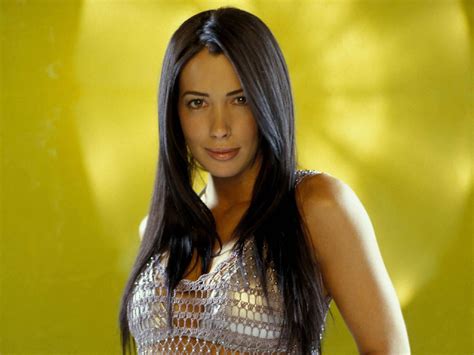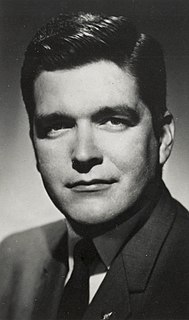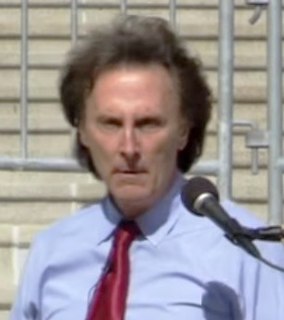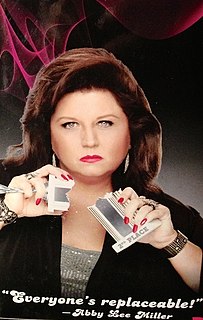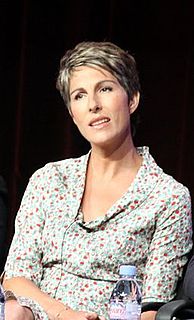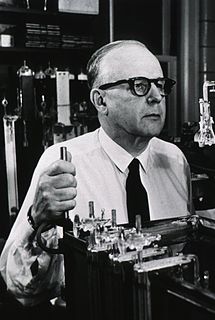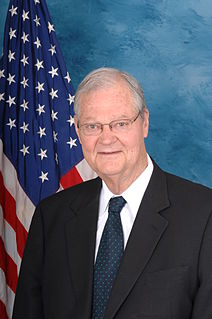A Quote by Gail Sheehy
My husband, Clay Felker, died 17 years after his first cancer due to secondary conditions that developed from treatment.
Related Quotes
Dr. Lawrence Burton....in fighting cancer.(:) Many of his patients are now living normal lives after being told there was nothing more the conventional treatments could do for them, and that death was imminent....Why are Americans being forced to go off shore for treatment for cancer from an American doctor and for a program that was developed in America?
We went through the records and we found over five hundred of his patients who were alive and well five years after their treatment, with no cancer. And Dr. Burton didn't selectively give us these. These were "take what you want. Here are the patients I treated." So there was statistical improvement - more so than any cancer institution in the United States could show.
Clay Felker was then - he had - to his credit, he had created New York Magazine, which was the first of the city magazines that covered the city and gave all kinds of advice and all that sort of stuff. And there were copies all over the country by the time he left. He had, however, a view of journalism that was very much, I must say, like Tina Brown's at The New Yorker. You hit 'em hard, fast, give 'em something to talk about the day after the paper comes out, as contrasted with William Shawn, who gave them something to talk about two or three years from then.
I got a letter one day from somebody saying, `You're always criticizing the press. Why don't you talk about what Clay Felker is doing to your own paper [The Voice]?' And my 10-year-old son Tom, now with Williams & Connelly, put in a legal opinion, not - an opinion from the back of the car saying, `You know why? What are you, afraid?' So I wrote the column. I - you know, - the column simply said that Felker is destroying this paper.
A noted cancer specialist in Boston said he believed that if some simple and inexpensive replacement for Chemotherapy for the treatment of cancer were found tomorrow, all US medical schools would teeter on the verge of bankruptcy, so integral a part of their hospital revenues is oncology, the medical specialty of cancer treatment
More than 40 years after the war on cancer was declared by President Richard Nixon in 1971, we are not much closer to preventing the disease. The National Cancer Institute has spent some $90 billion on research and treatment during that time. When have Americans ever waged such a long, drawn-out and costly war, with no end in sight?
When I was 17, a neighbour I knew well died of cancer, and I became au pair to her three little girls. In circumstances like that, when you can't really help, I think it's a human response to do something beyond oneself. So I did a sponsored parachute jump for Cancer Research. It was exciting and ridiculous.

